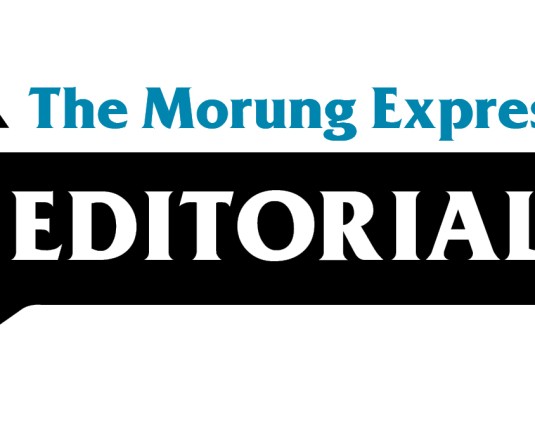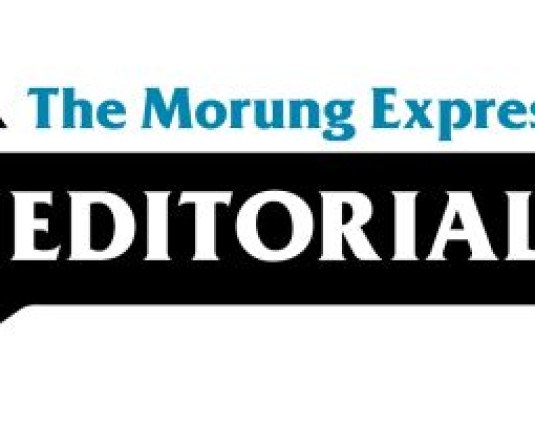
In a time of abused powers, hegemonizing structural systems, stifled voices and a frightened culture, it is essential to cultivate hope. Hope is not to be equated with a misplaced reality of suffering peacefully, nor does it mean avoiding issues, it is a struggle propelled by commitment to human dignity and the will to contribute towards its realization. The elements of assumption and despair are forces that stand to contradict the values of hope. Assumption often attempts to harmonize truth and reason in a way that prevents dialogue and with the politics of despair eroding the spirit of conscience they remain to obstruct the imagination of hope.
And without hope how does a people exist to relate to its future? While critical solidarity and imagination are fundamental necessities in cultivating hope, they remain illusive in societies were yearning for dignity and human growth has been suppressed and denied for so long. These conditions are often internalized and it can so easily result into a society with little or no space to question the status quo. Consequently, it turns into a dependent society that is obsessively comfortable in its complacency and any attempt to challenge its comfort zone is met with reactive parochial attitude.
Naga society is no exception. Despair and assumption is eating at the spirit of its defiance and pursuit for dignity. Fuelled by rumor, suspicion and division there is an overarching tendency to be indifferent towards the degradation of humanity and with no respect for the right to life in all its fullness. The virtues of hope are further obscured because the present discourse is unable to link the narratives of the past and present to future realities. Consequently, it results in a dialogue between monologues, with no recourse to a future of hope. It causes isolation.
Hope is vital towards the realization of a vision to exist as a dignified peoples. Yet to create a culture of hope, it is essential to confront the politics of despair and the deadening habit of assumptions. The practice of turning to monologues as a means for creating hope must be interrogated and a more creative and life giving process needs to be created. The politics of truth needs to be a basis for creating critical solidarity and a force that inspires the power of imagination. The powers that be and the structures that enable their continued power must be identified, engaged and transformed.
For Nagas, hope means finding a realistic way of relating to the future by moving beyond and transcending the limitations and injustices of the present day. It demands self-criticism through engagement, not just bare compliance. The process of pursuing the object of hope requires enabling action even in the most difficult of times. It must strengthen individuals and the community in concrete ways so that the virtue of hope gives strength to be patient, to pursue justice confidently with integrity and humility.
Is it asking too much for a hopeful imagination?





